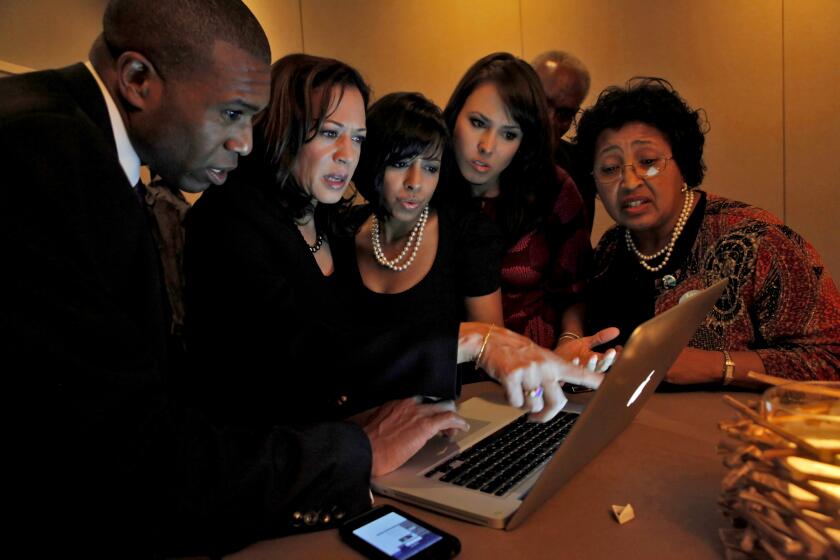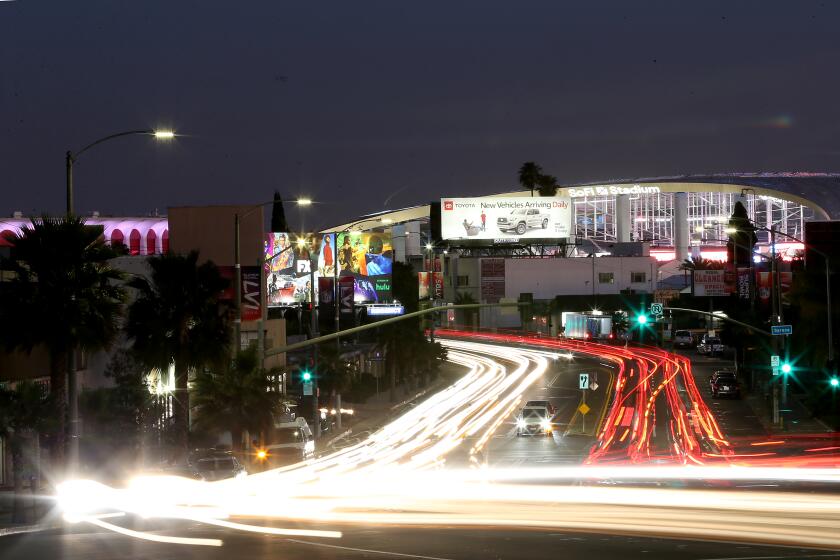Heroes of Detroit, America’s great comeback city
When Detroit filed for bankruptcy in July, people wondered whether the once-great city could make a comeback. Looking at the blight, the shrunken population and the diminished public services, the picture looked grim. Detroit was an ailing, dying city.
But that wasn’t the whole picture.
On NPR’s “Fresh Air,” Bruce Katz of the Brookings Institution gave us a more optimistic way to look at Detroit. “There’s no doubt that the city of Detroit faces supersized challenges because the city has shrunk from 2 million people in the 1950s to less than 700,000 today. There are tens of thousands of vacant properties. There are serious crime issues, school and educational performance. But we should not let those challenges overwhelm or crowd out what is some real economic potential in the core of the city,” Katz said, pointing specifically to the city’s downtown and its uptick in “small-batch manufacturing” and “market momentum.”
“What we’re seeing in Detroit is a network of business and philanthropic and civic leaders really building off these — this good platform, this solid foundation, grow businesses, attract residents,” Katz said. “We don’t want to be Pollyannish about Detroit — hard, tough challenges, the toughest in the country, but we shouldn’t overlook the assets and advantages that city has.”
That same month, Iain Lanivich, creative director of the ad agency Lowe Campbell Ewald, backed up Katz with this inspiring video: “We’re Moving to Detroit, and So Should You.” In it, he announced his company’s relocation to Detroit — with 600 employees in tow — and invited other creatives to follow along to the city that’s been reborn as a hotbed for “creativity, innovation and inspiration.”
“In Detroit,” Lanivich said, “you have the opportunity not just to make a product but to define the city’s future.”
That spirit of revival and reinvention hasn’t slowed. On Monday’s episode of “PBS Newshour,” senior correspondent Jeffrey Brown spoke to several community leaders pushing Detroit forward. Among them:
Sue Mosey, whose nonprofit, Midtown Detroit, “helps businesses get loans, brings in developers to rehab old buildings and assists would-be renters and buyers with down payments.” Now, midtown is an area “attracting young artists and professionals and sprouting the kind of shops and businesses — a Whole Foods and a coffeehouse — that will attract even more.”
Kirk Mayes, head of the Brightmoor Alliance, which is dedicated to reviving the city’s most blighted areas by tearing down abandoned houses and putting in community gardens. “A garden does more than you would think in inspiring people that their hope is not seeded in the wrong place. When people see people putting that kind of work in and it resulting in something that’s beautiful that everybody can share, it does start to make those little differences in people’s lives, that you will see, you know, yes, these are shuttered, boarded-up homes, but everybody’s grass is cut,” Mayes told Brown.
Matt Cullen, president of Rock Ventures. From the segment:
JEFFREY BROWN: Matt Cullen, a former auto executive, is president of Rock Ventures, which manages the real estate and investments of Quicken Loans, one of the nation’s largest mortgage lenders.
Three years ago, Quicken’s billionaire owner, Dan Gilbert, moved his headquarters from the suburbs into the heart of the city, even giving workers subsidies to live downtown. The company also went on a buying spree, spending more than a billion dollars for 40 properties purchased at rock-bottom prices, bringing new energy, yes, but also raising concerns about turning Detroit into a new kind of company town.
Is it conceivable that you’re doing so much here, you could almost end up as the sort of monopoly in downtown Detroit?
MATT CULLEN: Well, we could, but I don’t think that’s going to happen. We were buying buildings that had been -- sat empty for 20, 25 years. And now there’s buildings that are up for auction as recently as the last couple of weeks where there’s any number of bidders from outside of the area and outside even the country have come in and have invested.
Our mantra to people has been, come on in, the water’s fine. This is an opportunity. We like to say, we can do good and do well.
Opportunity. Optimism. Engagement. These are the ingredients of the great American comeback story. It may take a decade, but Detroit will prove the haters wrong. It may even become a blueprint for all American cities.
ALSO:
Camels: 100 years and still killing
Heartburn’s a symptom, not a disease
Five women more newsworthy than Miley
Follow Alexandra Le Tellier on Twitter @alexletellier and Google+
More to Read
A cure for the common opinion
Get thought-provoking perspectives with our weekly newsletter.
You may occasionally receive promotional content from the Los Angeles Times.






